Aminata Conteh-Biger was 18 years old when Revolutionary United Front rebels rounded on her home in Freetown, the epicentre of Sierra Leone’s bloody civil war.
Within moments the rebels took her freedom, within days they took her virginity. Over the next seven months she was relentlessly raped until, in desperation, they freed her in exchange for food.
That nightmare is now 18 years, a continent and 16,700 kilometres away. Today, Aminata lives safely with her husband and two young children in Sydney, where she arrived as Australia’s first Sierra Leonean refugee in 1999.
While she could be forgiven for never again wanting to traverse that distance, to return to the place that was the source of such trauma, Aminata is doing just that in an effort to change – even save – the lives of those left behind.
Her cause? Infant mortality. A phrase she had never heard until her own life-threatening birth experience.
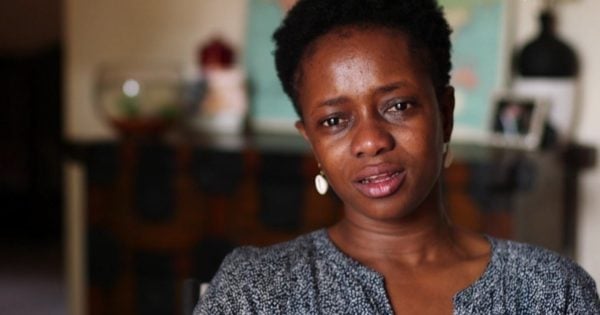

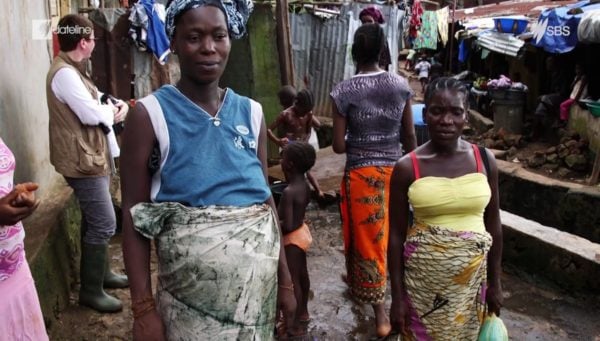
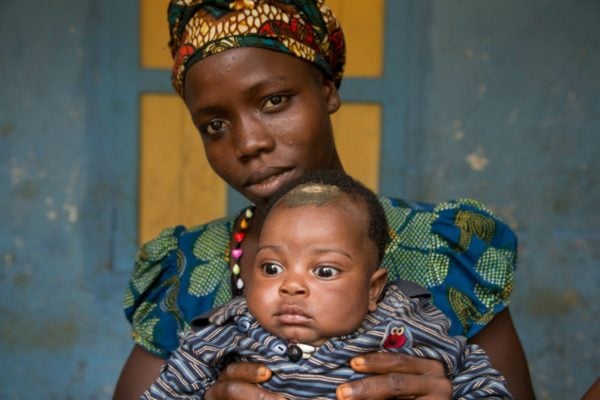
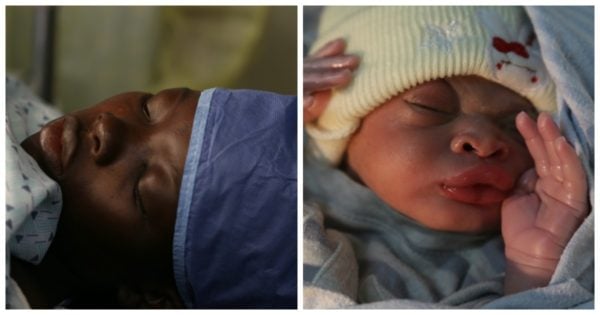
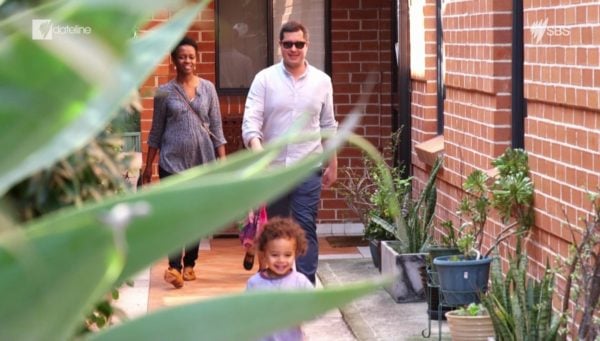
Top Comments
That baby looks so sweet. It honestly breaks my heart that a life of suffering is what these innocent babies will have to go through
I watched this program this evening, what a wonderful woman.
Aminata you are an inspiration.